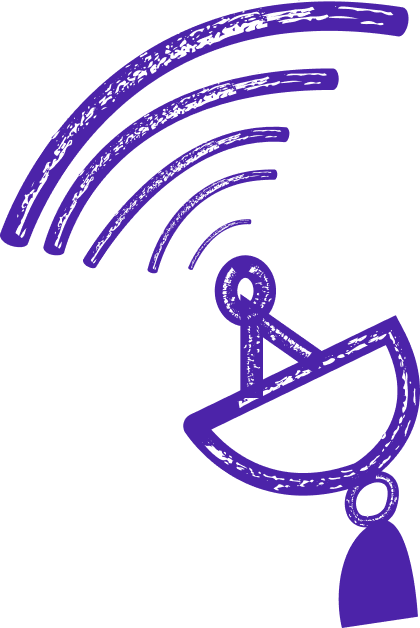
what is open educational resources oer
What is Open Educational Resources (Oer) - Startup House
The concept of OER is grounded in the belief that education should be accessible to all, regardless of geographical location or financial means. By making educational materials freely available, OER can help to reduce barriers to learning and promote equity in education. This is particularly important in a world where the cost of textbooks and other educational resources can be a significant barrier for many students, especially those from low-income backgrounds.
One of the key benefits of OER is that it allows educators to customize and adapt materials to meet the specific needs of their students. This can help to make learning more engaging and relevant, as teachers can tailor resources to align with their curriculum and teaching style. Additionally, OER can promote collaboration and knowledge sharing among educators, as they can easily access and build upon each other's work.
Furthermore, OER can help to promote innovation in education by providing a platform for the development and sharing of new teaching and learning resources. Educators can experiment with new technologies and pedagogical approaches, and then share their findings with the wider education community. This can help to drive continuous improvement in teaching and learning practices, ultimately benefiting students and educators alike.
Overall, OER have the potential to revolutionize education by making high-quality educational materials more accessible, adaptable, and innovative. By embracing OER, educators can help to create a more inclusive and collaborative learning environment that empowers students to reach their full potential.
Let’s build your next digital product — faster, safer, smarter.
Book a free consultationWork with a team trusted by top-tier companies.








